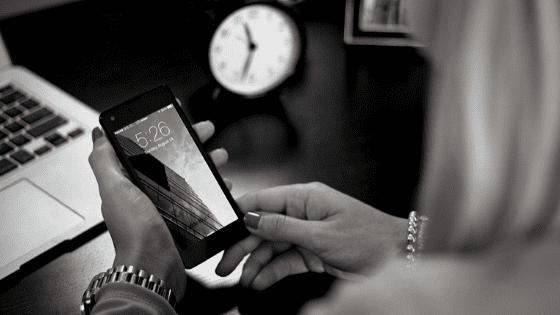How do you define success? It’s a key part of being a Boundless Leader. This is the question I ask every client on their Reflection Questions when we first start working together.

This is how it is defined by the Collins Dictionary:
- Success is the achievement of something that you have been trying to do.
- Success is the achievement of a high position in a particular field, for example in business or politics.
- The success of something is the fact that it works in a satisfactory way or has the result that is intended.
- Someone or something that is a success achieves a high position, makes a lot of money, or is admired a great deal.
These are standard expectations of success: set a goal for observable results, when these results are produced then there is recognition of some sort, either from others, or simply by ourselves.
It feeds the Achiever Disease.
Achever Disease is when we prioritise work above all else. It is when we find work creeping into our rest time. It is when we find our thoughts are dominated with work and nothing else. It’s when we find ourselves ruminating on work challenges when we are cooking, riding a bike, watching TV, even cuddling our loved ones. Our mind is preoccupied and never fully present.
Achiever Disease rears its head when we get too addicted to dopamine. We get a nice dose of dopamine when we achieve something or find something. Dopamine is a feel good bio-chemical that has served us well from cave dwelling days: it felt good to go out and seek food – the thrill of the hunt, or finding a good patch of berries. That feel good joy of landing a good kill or jackpotting a honey tree kept us searching out new lands and new foods, and hence we survived.
Nowadays we get dopamine hits from ticking things off our task list, reaching a target, getting promoted.
There is nothing wrong with having goals or striving for results in our work.
Except when this is the ONLY way we define success.
There are many things that get in the way of our achieving our goals, that are outside of our realm of control:
- A massive storm causes a power outage and delays at the airport and you miss the chance to pitch your work to an important client
- A client declines to proceed with a project because a key staff member has fallen ill in hospital and they are scrambling to look after them and their work in the meantime
- An entire industry has a setback due to changes in legislation and global financial pressures.
These things are outside of your control. Does it mean that you are not a success?
It means you did not reach your targets.
It does not mean you did not try everything in your power to produce the intended results.
Your efforts were not successful. But you were a success.
How so?
We need to detach our sense of being successful human beings from our results.
We need to focus on EFFORT and PROCESS as much as results.
It’s the adage of ‘It’s the journey, not just the destination.’ Or as Tony Robbins, says, “Are you achieving to be happy, or happily achieving?’
Why does this matter?
It matters because it stops us from relying on dopamine as our only source of feeling good and hence obsessing with work targets to get the next hit. It keeps us from constantly shifting the goalposts; once we hit one goal we line up another, never fully satisfied with the achievement.
We wear ourselves out. It’s not sustainable.
But we keep doing it until something knocks us over.
For Arianna Huffington, it’s when she passed out from fatigue and cut her head open on her desk. For me, it was when I got cancer. For others it’s a divorce.
We don’t have to crash and burn.
The cure is simple. And troublesome because of its simplicity.
It’s about re-discovering all elements of you. The you who loves to walk barefoot on grass. The you who enjoys cooking and discovering new recipes. The you who can swing in a hammock and gaze at the clouds. The you who can sit in the garden and listen to the birds. Biochemically, serotonin and oxytocin are the sustaining drugs that boost our immune system. We get these from hugs, from hanging out with people we trust and like, from being immersed in a moment of fun, from being generous or seeing someone else help another. (Who else gets teary watching facebook videos of people saving baby ducks? Yup, oxytocin).
These little pauses are not hard.
These little pauses nurture the human BEING part of you so that the human DOING part can do its thing better, happier.
These are the moments that will wind around you in a blanket of joy so that no matter what happens on your road to achievement, you will be delighted to have lived a life worth remembering.
What pause can you take? What simple delight can you reintroduce? What would you lose? What might you gain?




















